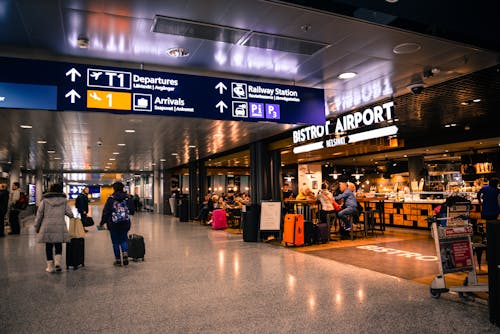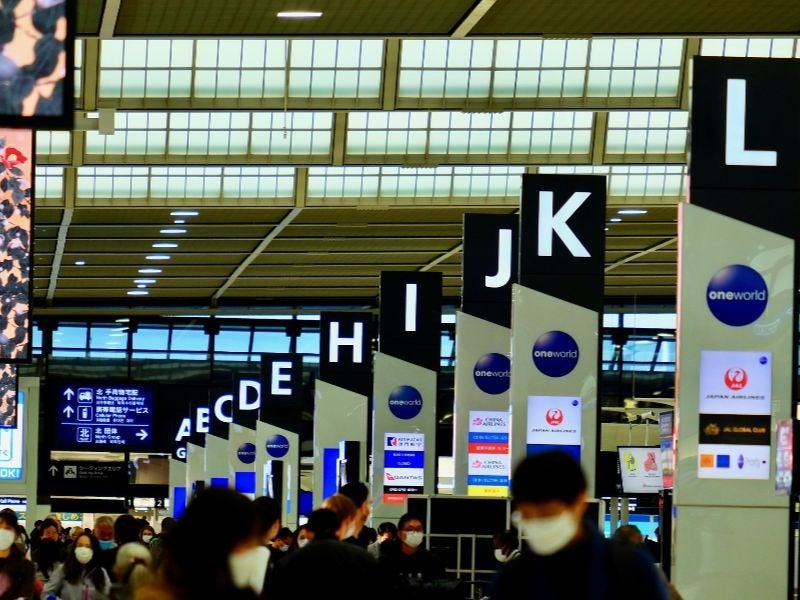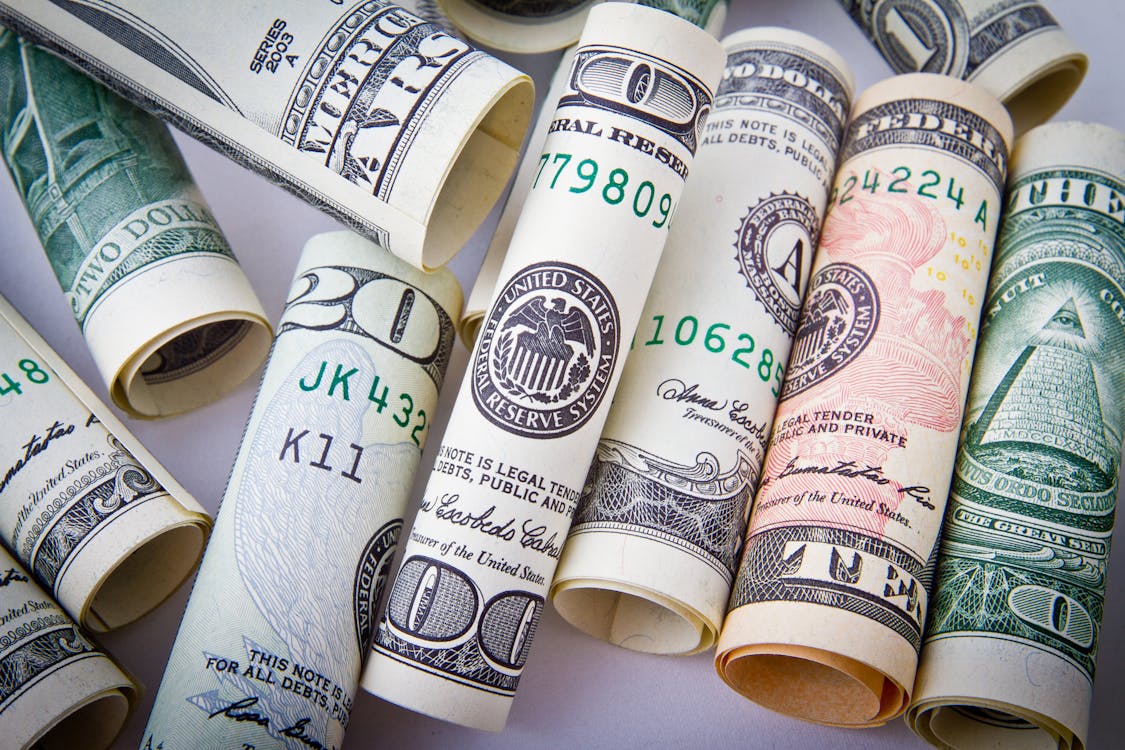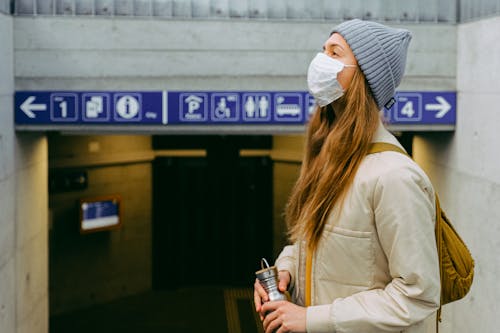https://grandeurtravelsng.com/wp-content/uploads/2020/05/Post-covid-travel.jpeg
750
1000
Grandeur Travels
https://grandeurtravelsng.com/wp-content/uploads/2018/11/grandeur_travels-nig.png
Grandeur Travels2020-05-21 11:32:482020-05-21 11:45:23What the experts are saying about traveling Post-Covid.
https://grandeurtravelsng.com/wp-content/uploads/2020/05/travel-and-tour-industry.jpeg
281
500
Grandeur Travels
https://grandeurtravelsng.com/wp-content/uploads/2018/11/grandeur_travels-nig.png
Grandeur Travels2020-05-15 17:45:432020-05-16 19:57:15Coronavirus: Nigeria’s travel industry shaky after N180 billion loss from pandemic
https://grandeurtravelsng.com/wp-content/uploads/2020/05/x49.jpeg
386
500
Grandeur Travels
https://grandeurtravelsng.com/wp-content/uploads/2018/11/grandeur_travels-nig.png
Grandeur Travels2020-05-14 05:06:182020-05-14 05:06:18Here’s what travelling could be like after COVID-19
https://grandeurtravelsng.com/wp-content/uploads/2020/05/x52.jpg
750
1147
Grandeur Travels
https://grandeurtravelsng.com/wp-content/uploads/2018/11/grandeur_travels-nig.png
Grandeur Travels2020-05-10 11:45:382020-05-10 11:45:38Are you spending too much during this lockdown? Try these 4 tips to manage your finances better.
https://grandeurtravelsng.com/wp-content/uploads/2020/05/x72i.jpeg
750
500
Grandeur Travels
https://grandeurtravelsng.com/wp-content/uploads/2018/11/grandeur_travels-nig.png
Grandeur Travels2020-05-08 08:28:332020-05-08 08:33:595 changes that could happen to your travel life Post-Covid
https://grandeurtravelsng.com/wp-content/uploads/2020/04/x83.jpg
667
1000
Grandeur Travels
https://grandeurtravelsng.com/wp-content/uploads/2018/11/grandeur_travels-nig.png
Grandeur Travels2020-04-30 10:12:422020-04-30 10:12:42Latest Travel News: Emirates Pushes Regular Flight Resumption Until July
https://grandeurtravelsng.com/wp-content/uploads/2020/04/z82.jpg
667
1000
Grandeur Travels
https://grandeurtravelsng.com/wp-content/uploads/2018/11/grandeur_travels-nig.png
Grandeur Travels2020-04-28 14:32:232020-04-28 14:32:23How to plan your first post-pandemic trip
https://grandeurtravelsng.com/wp-content/uploads/2020/04/x96.jpeg
1253
1880
Grandeur Travels
https://grandeurtravelsng.com/wp-content/uploads/2018/11/grandeur_travels-nig.png
Grandeur Travels2020-04-24 12:32:142020-04-24 12:32:14It's scientifically proven that traveling could increase your happiness level.
https://grandeurtravelsng.com/wp-content/uploads/2020/04/z87.jpeg
333
500
Grandeur Travels
https://grandeurtravelsng.com/wp-content/uploads/2018/11/grandeur_travels-nig.png
Grandeur Travels2020-04-19 19:36:372020-04-19 19:36:37A Futurist Predicts How You’ll Be Traveling After Coronavirus
https://grandeurtravelsng.com/wp-content/uploads/2020/04/z89.jpg
1080
1920
Grandeur Travels
https://grandeurtravelsng.com/wp-content/uploads/2018/11/grandeur_travels-nig.png
Grandeur Travels2020-04-15 22:02:292020-04-15 22:02:29Not working due to lockdown? Here’s how to keep busy and learn new skills










